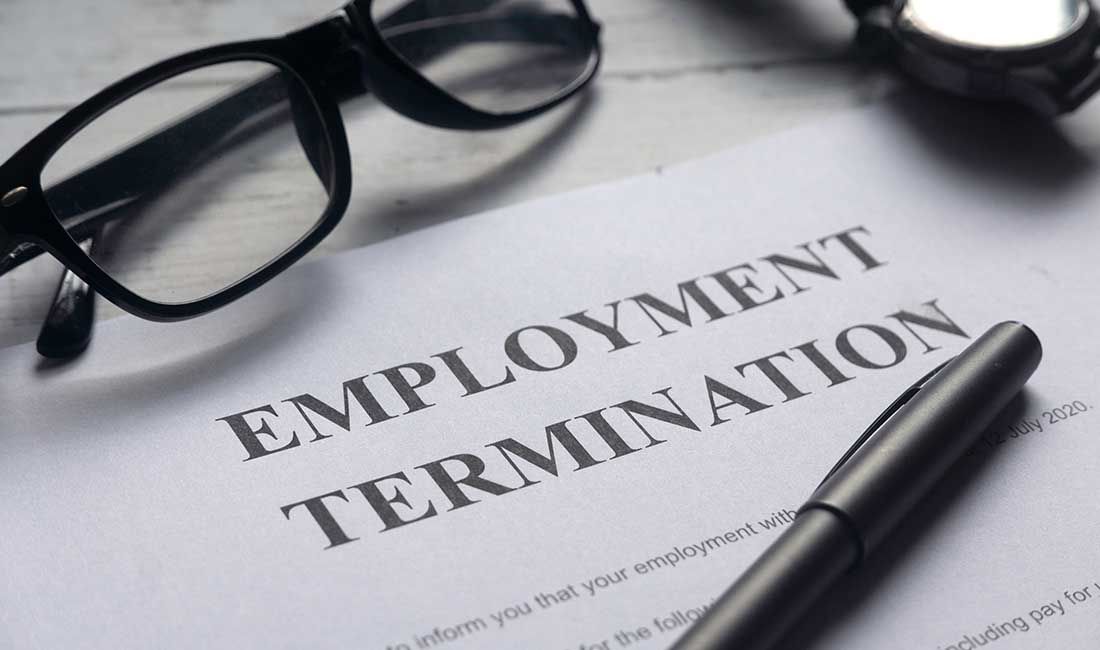Suspending an Employee Pending Investigation

| W.E.U Admin | Workplace Wellbeing
TAGS: Disciplinary, Suspension
Suspension is a serious step and should only be taken when absolutely necessary. Employers must follow a clear disciplinary policy and ensure all contractual rights continue during the period of suspension.
Introduction
When an employee is accused of gross misconduct or another serious disciplinary issue, an employer will often suspend the employee on full pay pending the outcome of the investigation or disciplinary process. This right is typically reserved in the company’s disciplinary policy and is recognised in Paragraph 4, Part 12 of the Code of Practice on Grievance and Disciplinary, which states that “an employee may be suspended on full pay pending the outcome of an investigation into an alleged breach of discipline.”
During suspension, the employee’s contractual rights and obligations continue. Suspension without pay is a punitive measure and should be used only when an appeal of a dismissal remains pending.
For more details, see our article on suspending an employee pending an investigation or disciplinary process.
Case Law
Courts have emphasised that suspension is a drastic step. In Deegan v Dunnes Stores, the court held that an indefinite suspension amounts to a dismissal. Similarly, in Rajpal v Robinson, suspension was described as “drastic in nature.”
In The Governor and Company of the Bank of Ireland and James Reilly, an employee was suspended on full pay pending an investigation into alleged breaches of the company’s Internet and email policy. The Court highlighted the potential reputational damage that may never be reversed, even if the employee is later cleared.
Suspension may be justified to:
- Prevent repetition of the conduct complained of;
- Prevent interference with evidence;
- Protect individuals at risk from such conduct;
- Protect the employer’s business and reputation.
Seriousness of Suspension
In Hansen Architects Ltd v Ms X Gyftaki, both the Employment Tribunal and the Employment Appeal Tribunal agreed that suspension breached the implied duty of mutual trust and confidence, resulting in constructive dismissal. The employee had taken additional leave for a trip to Greece, believed it was approved, but was suspended on return for alleged non-compliance with management instructions.
The tribunals found no evidence to justify the suspension. Due to its length, the process caused more speculation and stress, rather than maintaining confidentiality.
Conclusion
Employers should proceed with caution when suspending an employee for serious misconduct. Key steps include:
- Implementing a clear disciplinary policy that reserves the right to suspend;
- Applying the policy consistently to all staff;
- Informing the employee of the reasons for suspension and the expected duration;
- Detailing the alleged misconduct in the invitation to the investigation meeting;
- Limiting suspension to no longer than necessary.
For further guidance, read more about suspending an employee pending an investigation or disciplinary process.
workersofengland.co.uk | Independent Workers Trade Union


















